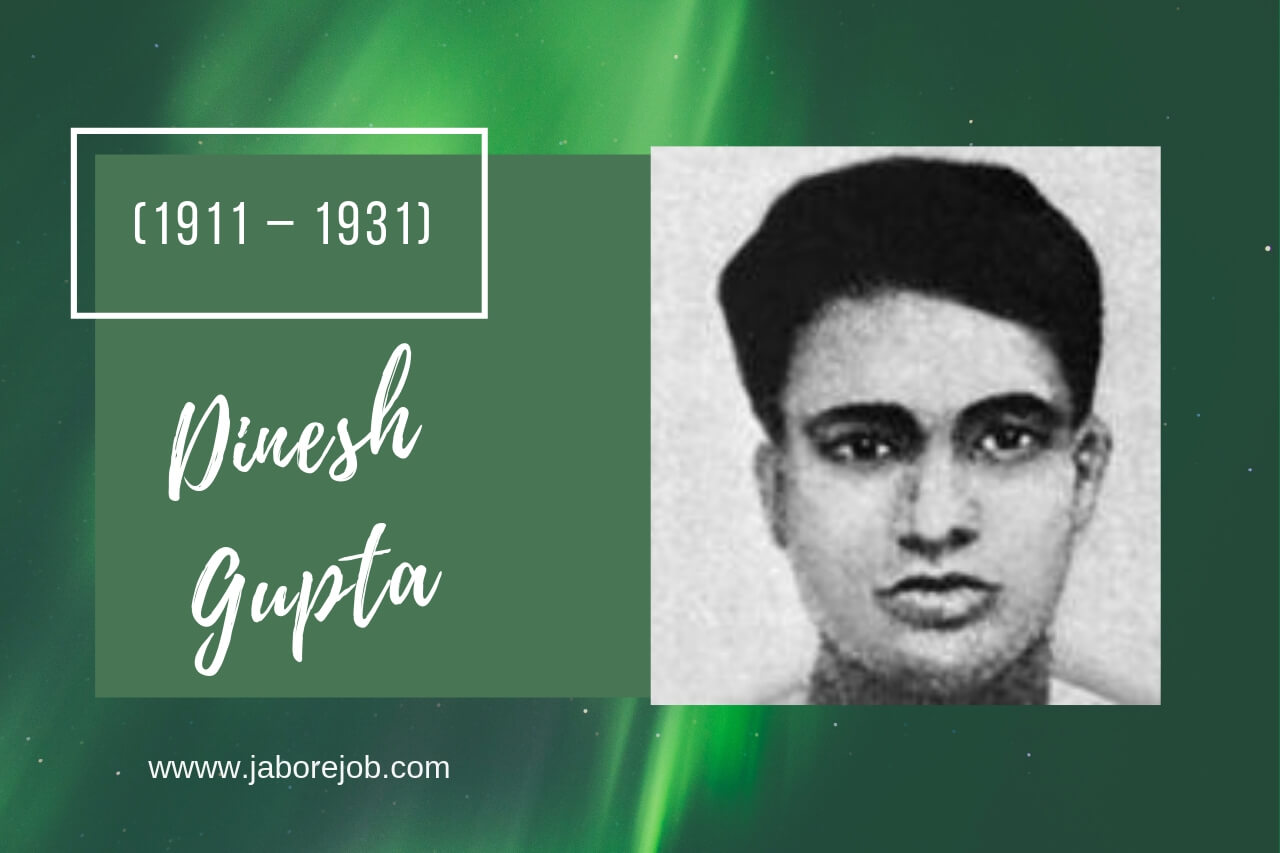Sarat Chandra Bose (September 6, 1889 – 20 February 1950) was an Indian freedom fighter born in Calcutta. He was born in the district of 24 Parganas (West Bengal).
His parents were Janaki Nath Bose (lead lawyer in Cuttack) and Prabhabati Devi. He married Bibhabati and Subash Chandra Bose, one of the most influential freedom fighters in India, was one of his younger brothers.
Sarat Chandra Bose Information
- Name: Sarat Chandra Bose
- Date of Birth: 6th September 1889
- Birth Place: Howrah
- Father: Janakinath Bose
- Mother: Prabhavati Dutt
- Spouse: Bivabati Devi
- Children: Sisir Kumar Bose, Amiya Nath Bose
- Occupation: Politician & Indian Independence activist
- Siblings: Subhas Chandra Bose
- Date of Death: 20th February 1950
- Death Place: Kolkata
Biography of Sarat Chandra Bose
Sarat Chandra Bose graduated from Cuttack and Calcutta. Later, in 1911, he went to England to continue his studies to become a lawyer. He returned to India in 1913 and joined the Kolkata High Court Bar.
He had a successful legal personality and reached the pinnacle of his profession. He was one of the best paid legal professionals. He had a distinguished legal profession, but later left to join the Indian independence movement
After his death, he became an unwavering force in Congress in Bengal. Nalini Rajan Sarkar, Dr. Chandra Bidhan Charan Goswami Tulsi Toy, and Nirmal Chandra Chunder were individuals with Bose, who was later closely associated.
Role of Sarat Chandra Bose in Indian Politics
In 1936, Bose was named as president of the Congress in Bengal. From 1936 to 1947 he was a member of the All India Congress Committee. His younger brother, Subash Chandra Bose, was one of the greatest fighters for the freedom of India formed the Indian National Army and Sarat Chandra Bose actively supported.
Even though he was a non-violent believer, he still enjoyed revolutionary freedom fighters. He also faced some difference with the Congress Party and in 1946 resigned. He formed a new party called the Socialist Republican Party.
He was not in favor of the partition of Bengal and in cooperation with Sahin Suhrawardy, he tried to make Bengal into an independent state outside of India and Pakistan instead of the individual. But he did not achieve this goal because the political tide was not in his favor.
Bose Participation in the Bengal protests
Sarat Chandra Bose could not prevent the partition of Bengal, but in 1949 he won the Legislative Assembly of West Bengal against the head of Congress. But an unexpected death ended his political career.
Avant and Advance are the two successive organs of the Congress Policy, to which Bose was associated. These are the main newspapers in English for several years.
Later, in 1946, when he resigned from Congress, he began to spread his political career in English Daily.
Sarat Chandra Bose’s political career had been in contact with several influential Indian personalities of the time such as Mahatma Gandhi, Motilal Nehru, Das GT, Jawaharlal Nehru, Dr. Rajendra Prasad, Rajagopallchari Maulana Abdul Kalam Azad, and Maulvi Fazlul Huq.
He has also been associated with some revolutionary leaders and has also provided financial assistance and legal assistance.
The only reason for Sarat Chandra Bose was to obtain freedom for India. But, in 1947, freedom did not satisfy him completely.
He said: “The complete independence of India, undiluted and undefined independence, free from any British or foreign influence or control, out of any rank on earth.”
In his last years, Sarat Chandra Bose dreamed of the transformation of India into republics of the Union independent socialists.
Some Facts of Sarat Chandra Bose
* In 1936 he became chairman of the Bengal Pradesh Congress Committee and was a member of the All India Congress Committee from 1936 to 1947.
* After the death of Subhash Chandra Bose in 1945, Sarat Chandra Bose led efforts to help the families of INA soldiers through the Defense and Rescue Committee of INA.
* In 1941, he tried to unite Hindus and Muslims and, with Fazlul Haque, formed the Progressive Coalition Party, which took power in Bengal. On the eve of his entry into the ministry, he was arrested in December 1941 and imprisoned until September 1945.
* Sarat Chandra took the initiative to travel to Europe in 1948 to meet Emilie Schenkl and Anita Bose, who were the wife and daughter of Subhas Chandra Bose.












